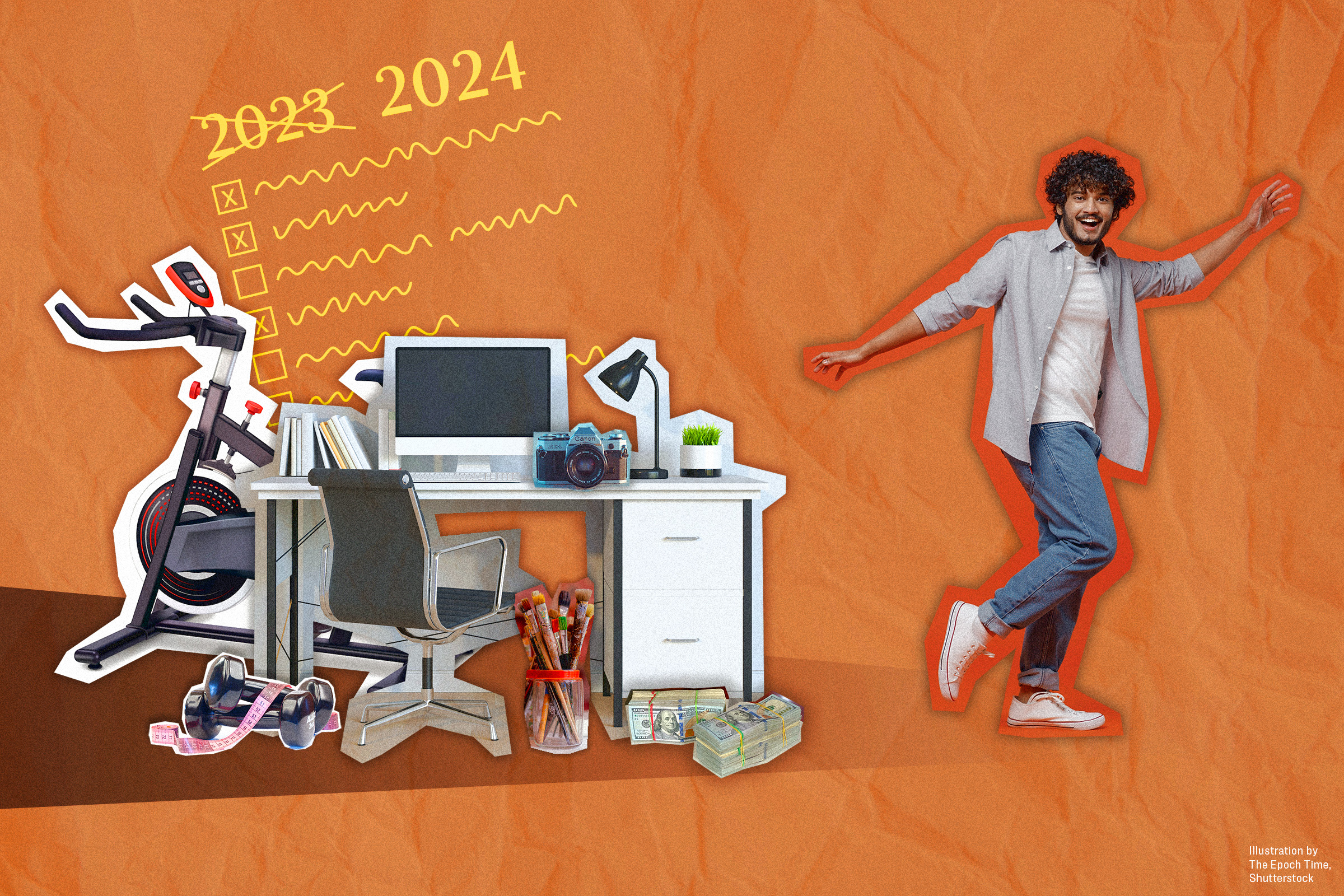New Year’s resolutions seem like a great idea amid the enthusiasm of a new year filled with potential. We want to do better and be better. However, those resolutions are notoriously difficult to keep and most of us fail despite our best intentions.
The average New Year’s resolution lasts only 3.74 months, according to a recent poll by Forbes Health/OnePoll, with only 6 percent of us managing to stick with our resolutions beyond 12 months. (Way to go!)











